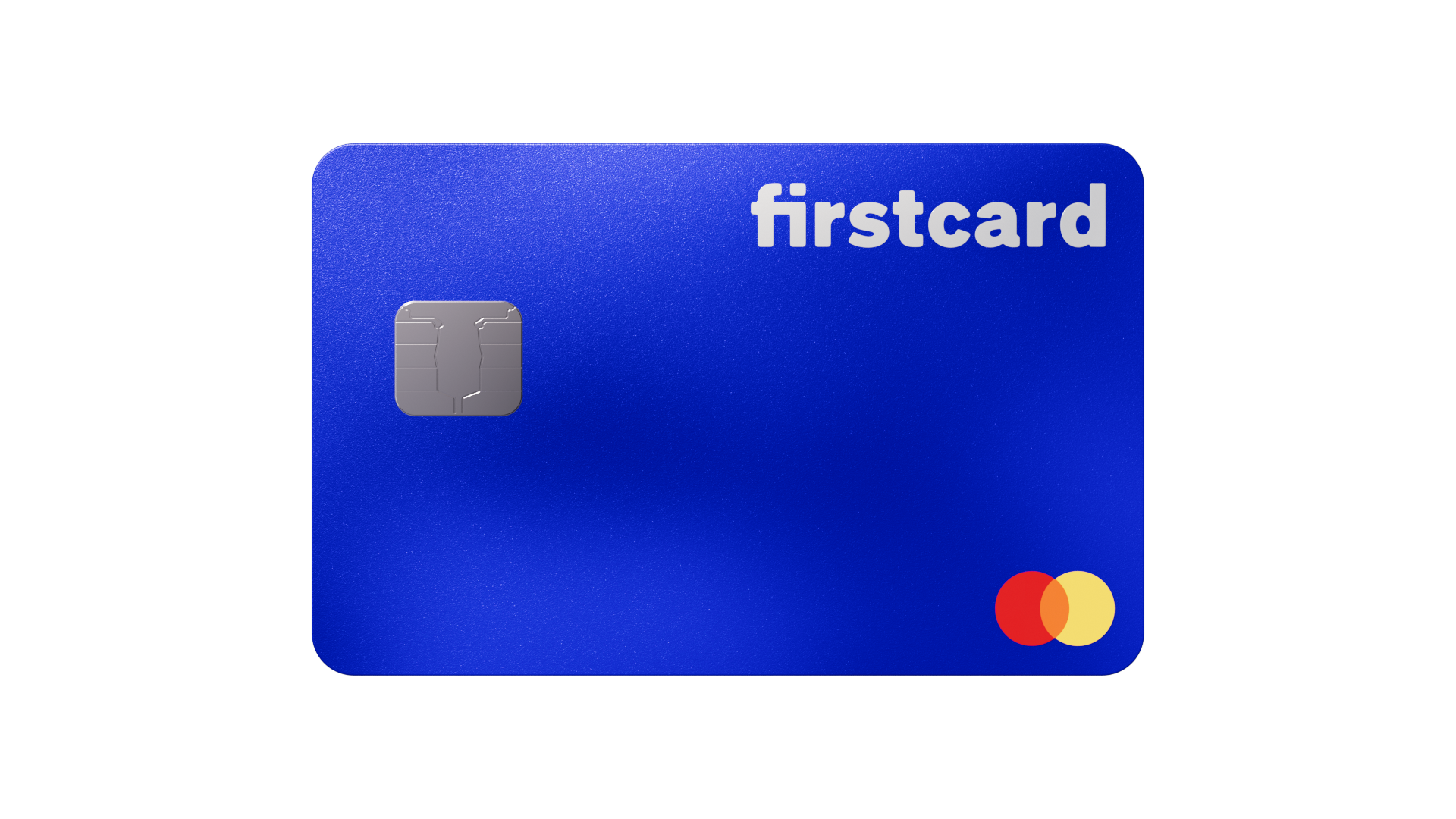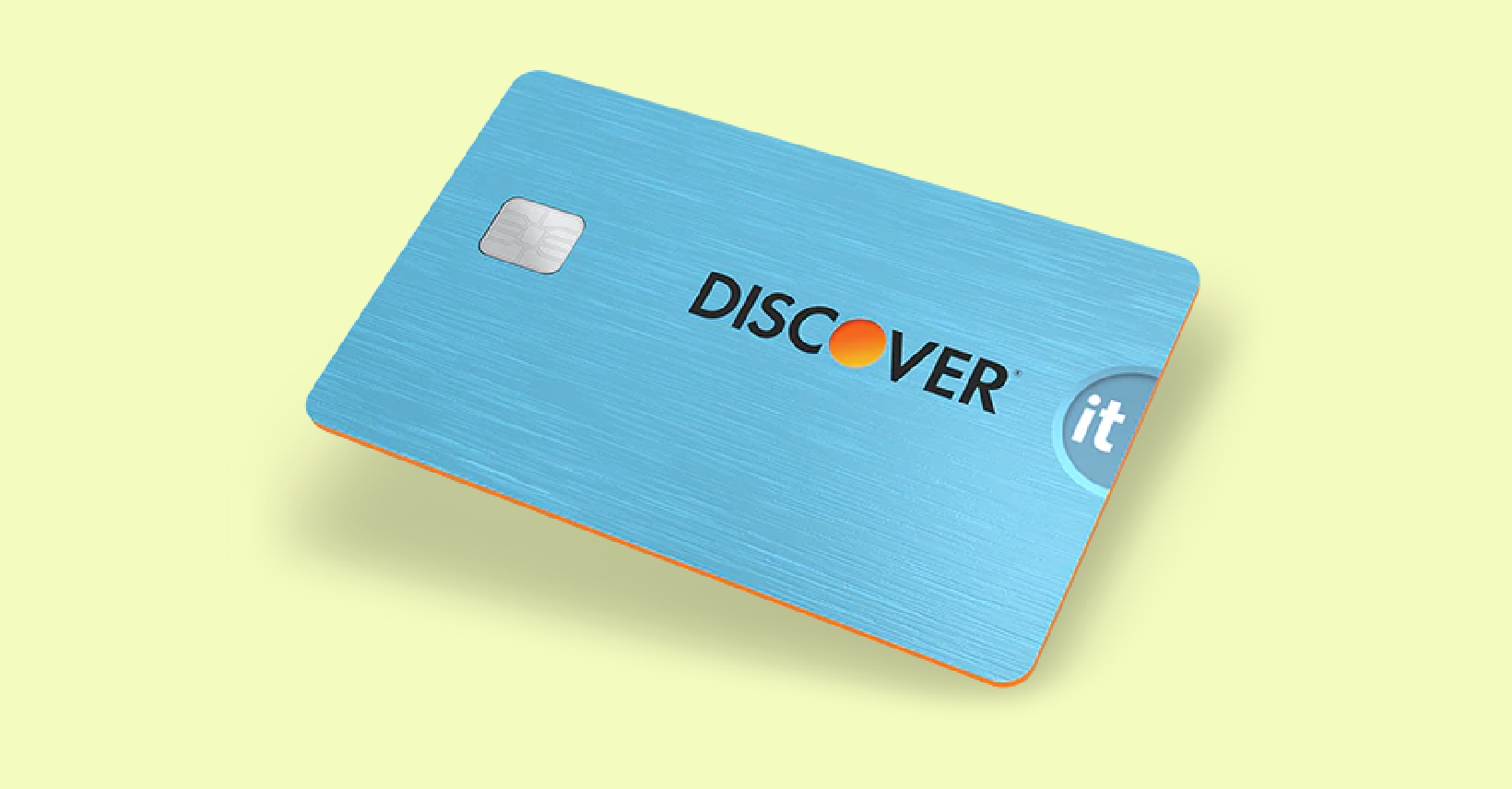How to negotiate fees and benefits with the card issuer

Understanding the Basics
Negotiating with your credit card issuer can seem daunting, but it’s a critical skill to master. Many people aren’t aware that they have the power to influence fees and benefits associated with their cards. By developing effective negotiation strategies, you can save money and enhance your card’s perks.
Why Negotiate?
Engaging in negotiations with your credit card issuer is beneficial for several reasons. First and foremost, you can reduce annual fees. Many issuers are often willing to waive or lower fees for loyal customers, particularly if you’ve maintained a good payment history. For instance, if you’ve been a customer for several years without any missed payments, kindly asking for a reduction in your annual fee can reap positive results.
Another crucial aspect is securing better interest rates. A simple request for a lower rate on your existing balance may be all that it takes to make a significant difference in the amount of interest you pay over time. For example, if you currently pay 18% interest on a $2,000 balance, negotiating that rate down to 15% can save you approximately $60 in interest payments annually.
Additionally, negotiating can lead to enhanced rewards. Many card issuers have promotions for existing customers that aren’t always advertised. Inquiring about increased rewards or cash back opportunities could uncover hidden benefits you are eligible for, such as bonus points for spending in specific categories or increased cashback percentages on purchases.
When to Negotiate?
The timing of your negotiation can significantly impact the outcome. Familiarizing yourself with the optimal moments to negotiate can increase your chances of a favorable result. For example, after a promotional period ends, when introductory offers expire, is a prime time to ask for a renewal of those benefits or other offers. This is especially applicable if you have been an accountable cardholder during the promotional period.
Another strategic moment to negotiate is upon receiving a competing offer. If a different credit card company sends you an enticing offer, use this to your advantage by mentioning it in your conversation with your current issuer. This might prompt them to match or beat the competition.
Lastly, negotiating during your annual review can be fruitful. Many card issuers periodically reassess accounts, making it an ideal time to request better terms. This approach allows you to prepare ahead of your review by gathering usage data, highlighting payment history, and even expressing your loyalty to the issuer.
By understanding your options and the proper timing, you can confidently approach your card issuer. In this article, we will delve into effective techniques to help you negotiate effectively and secure the best terms possible.
Preparation is Key
Before you start your negotiation with your credit card issuer, it’s crucial to prepare effectively. Understanding your current contract is the foundation for a successful conversation. Take the time to review your card benefits and fees, along with the terms and conditions in your agreement. Familiarize yourself with the following key elements:
- Annual Fees: Know how much you currently pay and evaluate whether it aligns with the benefits you receive.
- Interest Rates: Understand your current interest rates on purchases, cash advances, and balance transfers.
- Rewards Program: Familiarize yourself with the details of your rewards program, including any restrictions or expiration dates.
- Promotional Offers: Take note of any upcoming promotional offers or bonuses that could enhance your benefits.
Once you have a thorough understanding of your current situation, you can proceed with confidence. Additionally, gather any relevant information like your payment history, account longevity, and credit score. Showing that you have been a responsible customer can strengthen your case for negotiation.
Making the Call
When you’re ready to initiate the conversation, approach it with a positive and friendly demeanor. Remember, the representative on the other end of the line is there to help you, so building rapport can make a difference in the negotiation outcome. Start by expressing appreciation for your existing relationship with them, then present your request clearly. For example:
“Hello, I’ve been a valued customer for the past three years, and I appreciate the benefits I’ve received. However, I would like to discuss the possibility of reducing my annual fee, as I’ve noticed other cards offering similar benefits for less.”
This approach not only shows your loyalty but emphasizes that you are informed about the competitive landscape.
Be Specific and Polite
When negotiating, it’s important to be specific about what you want. If you’re aiming to lower your annual fee, be clear about the amount you’re seeking. If you’re looking for better rewards, specify which categories you want to focus on. For instance, if you frequently dine out, you might say:
“I’ve noticed that many other cards offer higher cashback on dining expenses. Could you consider increasing my rewards for this category?”
In negotiations, it’s essential to maintain a polite and respectful tone. This not only reflects well on you but also encourages the representative to explore options that might work for both parties. Remember to be patient; they may need to check with a supervisor or consult another department to meet your request.
In summary, preparation, politeness, and clarity are paramount when negotiating fees and benefits with your card issuer. By being informed and strategic in your approach, you significantly enhance your chances of achieving a favorable outcome.
Understanding the Counteroffer
After you have expressed your requests, it’s time to be prepared for a response from the card issuer. Understanding how to interpret their counteroffer can be just as important as knowing what you want. The representative may present options that differ from your original request, so it’s essential to evaluate them thoughtfully.
Analysing the Offer
When you receive the counteroffer, take a moment to analyze the details. Is the proposed reduction in your annual fee sufficient? Are they willing to enhance your rewards but with certain conditions or restrictions? Consider asking clarifying questions to ensure you fully understand what’s on the table. For example:
“I appreciate the reduction in my annual fee, but could you explain how these new reward categories will work and if there are any limits?”
This step is crucial, as it allows you to gauge whether the offer truly meets your expectations or if you should continue negotiating for better terms.
Know When to Walk Away
While negotiating, it’s vital to have a clear understanding of your bottom line—the point at which you will choose to walk away. This doesn’t mean you should end the conversation immediately, but if the terms offered do not improve your financial situation, be ready to explore other options. Inform the representative of your willingness to consider other credit cards that may provide more competitive offers.
Be diplomatic yet assertive in your approach. You could say something like:
“Thank you for the offer, but I’m currently evaluating several options and may need to consider switching cards if I can’t secure a better deal that aligns with my spending habits.”
This communicates that while you’re appreciative of their efforts, you have alternatives and are not afraid to seek better opportunities elsewhere.
Use Leverage Wisely
In negotiations, leverage can take many forms. If you have excellent credit or a consistent payment history, these factors are powerful tools in your negotiations. Sharing this information can increase your chances of receiving a better deal.
For instance, mention your credit score or how long you have been a customer. You might say:
“I’ve maintained a credit score over 800 and have always paid my balance on time. I would appreciate it if you could consider that in our conversation.”
Additionally, research any competing offers you are currently considering. If you find that another issuer offers better terms that suit your needs, mentioning that can sometimes persuade your current card issuer to match or beat the offer. However, be cautious not to come off as overly aggressive or demanding.
Follow Up
After your initial conversation, don’t hesitate to follow up if you haven’t received a resolution. A simple phone call or email reminding the representative of your discussion can keep your request top of mind. Be polite but firm, reiterating your interest in finding a mutually beneficial solution.
By understanding counteroffers, recognizing your limits, leveraging your strengths, and following up diligently, you place yourself in a strong position to negotiate effectively with your card issuer. The process may take time and may not yield results on the first attempt, but persistence can lead to significant benefits in the long run. Stay confident, and remember that you are advocating for your financial well-being.
Conclusion
Negotiating fees and benefits with your card issuer can be an empowering experience that significantly impacts your financial health. As you’ve learned throughout this article, the key to successful negotiations lies in being prepared, confident, and strategic. By clearly understanding your needs and articulating them effectively, you open the door to discussions that can lead to better terms.
Always keep in mind the importance of analyzing offers. Whether you receive a counteroffer or an agreement to your initial request, take the time to evaluate how it fits your spending habits and financial goals. Don’t hesitate to ask questions, as clarity will enhance your decision-making process.
Moreover, knowing when to walk away is crucial—if the deal doesn’t meet your expectations, don’t be afraid to explore alternatives. Being aware of competitive offers from other issuers can provide you with leverage in negotiations and position you to get the best possible deal.
Finally, remember that persistence pays off. If your negotiations initially fall flat, a polite follow-up can demonstrate your commitment and keep the conversation going. With these strategies in mind, you can cultivate a relationship with your card issuer that not only saves you money but also enhances your overall credit experience.
In the end, negotiating fees and benefits is not just about securing a better deal; it’s about advocating for your financial future. Approach this process with a positive mindset, and you may be surprised at the results you can achieve.


